Talk to India's best Astrologers
First Consultation at ₹1 only
Login
Enter your mobile number










































































































































































































































































































































































































































































































































































































































































































































































































































































































































































































































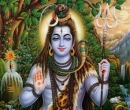
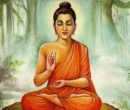
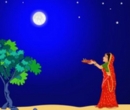
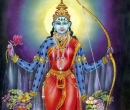

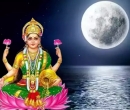
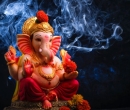
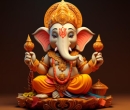
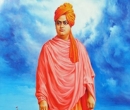
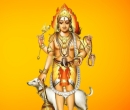
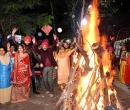
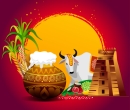
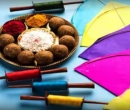
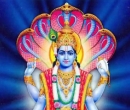

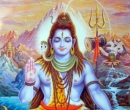



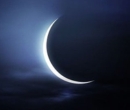
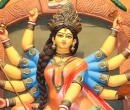
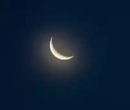

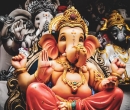
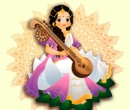

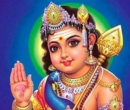
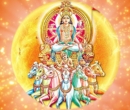
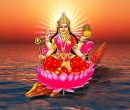
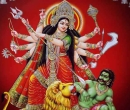
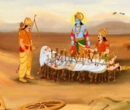
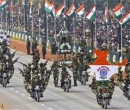

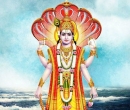

























Hindu festivals in India are integral to Hinduism. They celebrate life, beliefs, and values! Read below to know all about the 2026 Hindu Festival Calendar.
Do you also want to know all about the 2026 calendar with festivals? Below are all the Hindu festivals for 2026. Read about the list of upcoming festivals in India!
Many Hindu festivals are closely associated with astrology, with some being based on the lunar calendar and others being determined by the positions of the sun and the moon in the sky. Let us learn more about the 2026 calendar of the India festival.
In Hindu astrology, the movements of planets are believed to influence the fortunes and destinies of individuals, and the 2026 hindu festival calendar of India allows Hindus to align their lives with divine forces and seek blessings from the gods.
For example, the Navaratri festival is celebrated when the moon is in the constellation of Ashwin and is believed to bring good fortune and success to those who observe the festival with devotion.
Similarly, Diwali is celebrated on the darkest night of the Hindu lunar month of Kartik, when the moon is in conjunction with the constellation Rohini, which is considered an auspicious alignment.
Mythology plays a significant role in the 2026 hindu festival calendar, as many are based on stories and legends from Hindu mythology. In addition, Hindu mythology provides a rich source of stories, symbols, and rituals that help to explain the mysteries of the universe and serve as a way to connect individuals with the divine.
In addition to serving as the basis for the Hindu calendar 2026 with festivals, Hindu mythology also provides a wealth of symbols and rituals used to invoke the gods and seek their blessings. For example, the lighting of diyas or earthen lamps during Diwali is a symbolic representation of the victory of light over darkness.
Below are some of the significant 2026 hindu festival calendar and their significance. The list of indian festivals is as follows:
2026 Hindu Festival Calendar beautifully weave together cultural heritage and spiritual purpose, leaving a lasting legacy of hope, prosperity, and peace. They are timeless reminders of the divine presence in our lives.